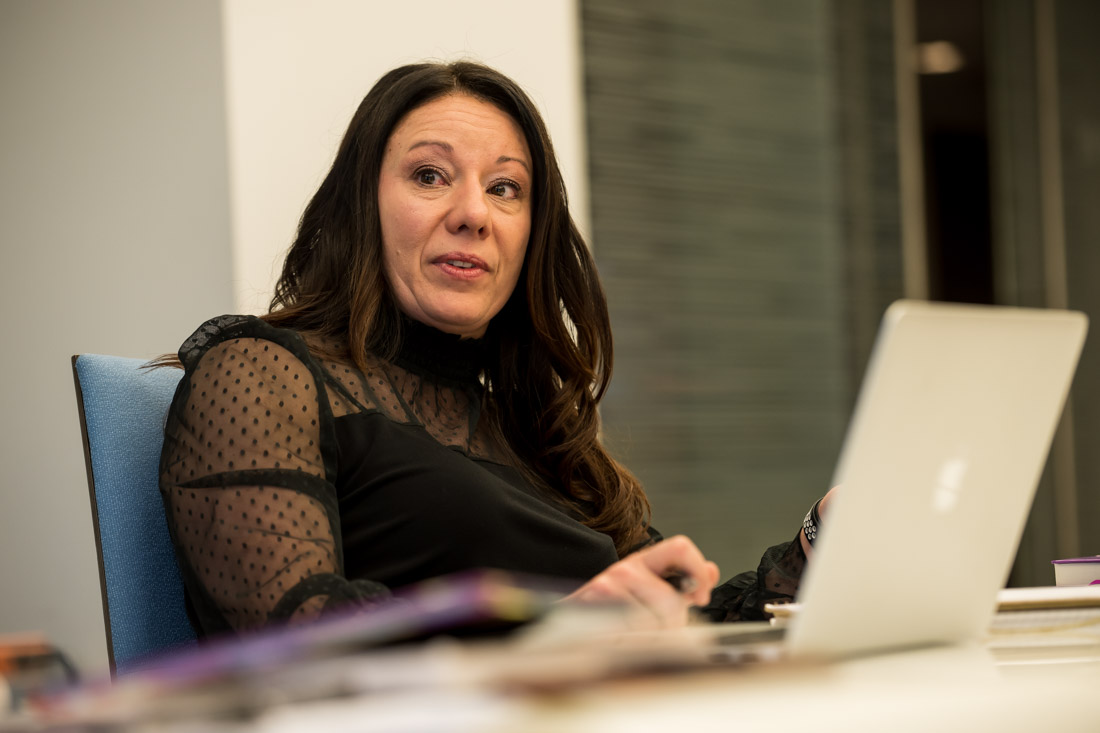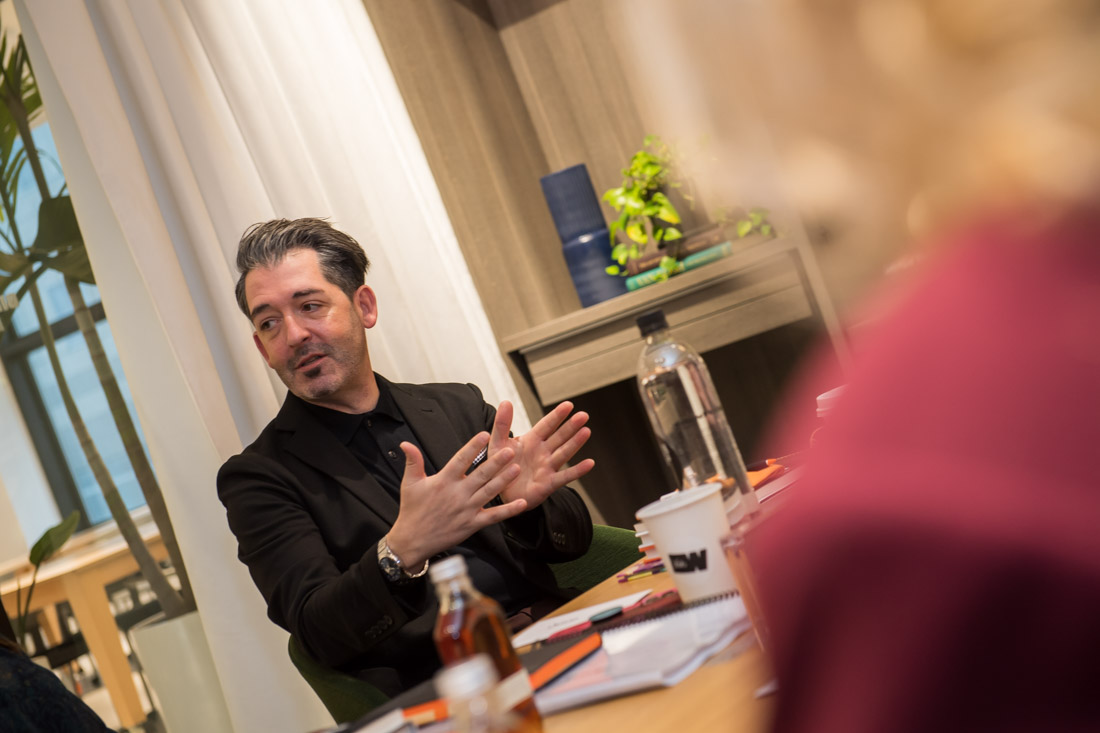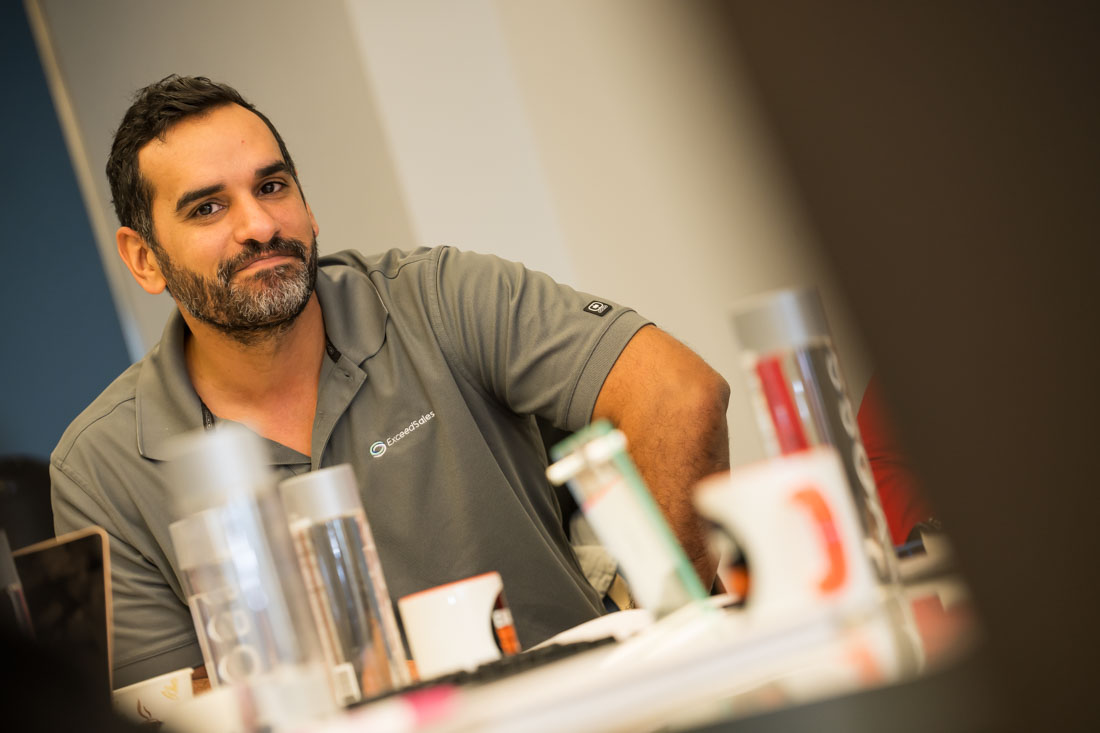As a leader, does it feel like your days are always busy but you’re not getting anything done? That at the end of the day your to-do list is longer, not shorter?
So many leaders’ days fill up with other people’s agendas. And being so pressed for time, it often just seems easier to give answers and to reactively do the things that need to get done. Before you know it, other people’s agendas have become yours. You’re now doing both your job and the job they were hired to do.
Curiosity is the key
It’s natural to take on other people’s tasks. Earlier in your career, success was measured by getting things done. Being an individual contributor. The more you got done, the more responsibility you were given.
But leadership is about getting things done with and through others. Not by yourself. In fact, as a leader, the more you try to accomplish yourself the less success you experience. Your team loses any passion for the cause and starts calling you things like “micro manager.”
The key to getting things down with and through other people is curiosity. Curiosity leads to asking questions rather than giving answers.
Marc Pitman Tweet
Curiosity fuels great questions
CEO’s in our leadership coach certification program are shocked at what happens when they stop answering their direct reports questions and start using coaching skills. In coaching, the coach believes the other person already has all they need to answer their questions. So rather than giving a quick answer to their direct reports, they ask questions like,
- “What do you think?” or
- “How did you come to that conclusion?” or
- “What were you hoping him to feel like after doing that?”
And their direct reports start getting to own their own agenda again. They start learning to share ideas and to think through problems before bringing them to their leader.
Their direct reports start doing what they were hired to do.
Not always an easy transition
Shifting from answering questions to asking them isn’t always easy. Your reactively taking on their problems creates an expectation that you will always take on their problems. So there can be resistance when you stop. You’ll need to make sure you’re creating a safe enough space for your direct reports to learn to adapt to this new normal.
And it’s not always easy for the leader. Leaders often feel that they’re somehow “cheating” by asking questions. Especially to questions they know the answers too. But they learn that asking questions actually helps their own direct reports grow into leaders. And can often produce better answers than the ones the leader would have reactively given.
Stopping and asking curious questions can feel inefficient at first. But it develops a habit of people being more prepared when they come to you. And it helps you be more effective because you can actually start working on your own to-do list with the confidence that your team is working on their respective to-dos too.











